Navigating Allowable Deductions for Directors in Limited Companies: Pensions and Medical Insurance
AníD Chartered Accountants
Tax Efficiency and Benefits for Directors
In the realm of corporate finance management, understanding the nuances of allowable deductions is crucial for optimising a company's tax position. For directors of limited companies, certain benefits, such as pensions and medical insurance, not only serve as attractive components of their remuneration package but also offer potential tax advantages for the company. This blog post delves into how pensions and medical insurance for directors can be treated as allowable deductions, providing a dual benefit of rewarding key personnel while efficiently managing the company's tax liabilities.
Pensions for Directors
Pension contributions made by a company on behalf of its directors are a cornerstone of tax-efficient remuneration planning. These contributions are considered an allowable deduction against the company's profits, thereby reducing the corporation tax liability.
Key Points:
- Tax Efficiency: Pension contributions are deductible in the accounting period in which they are made, offering immediate tax relief.
- Flexibility: Companies have the discretion to adjust the contribution levels based on profitability and cash flow considerations.
- Retirement Planning: This serves as a valuable tool for directors to plan for their retirement, ensuring financial stability in their later years.
Medical Insurance
The provision of medical insurance for directors is another area where tax efficiency can be achieved. While the premiums paid on behalf of directors for medical insurance are considered a benefit in kind (BIK) and are subject to income tax in the hands of the director, the company can still gain a tax advantage.
Key Points:
- Deductible Expense: The cost of providing medical insurance for directors can be treated as a deductible business expense for the company, reducing its taxable profits.
- BIK Considerations: Although classified as a BIK for the director, the company's payment of medical insurance premiums does not detract from its ability to claim the expense as a deduction.
- Employee Welfare: Beyond tax considerations, offering medical insurance reflects a commitment to the well-being of the directors, enhancing the company's reputation as an employer.
Strategic Considerations
When structuring the remuneration package for directors, it's essential to balance tax efficiency with the company's broader financial and strategic goals. The inclusion of pensions and medical insurance as part of this package should be aligned with the company's ability to sustain these costs while maximising the tax benefits.
Enhance Your Tax Strategy with AníD Chartered Accountants
Are you a director in a limited company looking to optimise your pension and medical insurance arrangements? Contact AníD Chartered Accountants today to learn more about how we can assist you in navigating allowable deductions and maximising tax efficiency for your company and personal financial well-being.








